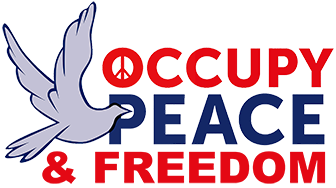by Jean Bricmont Posted on
Given the devastating effects of this war, first in Ukraine but also, through sanctions, on the world economy and the risks of famine that they entail, it seems obvious that the first task of any diplomat and political leader should be to end this war.
The problem is that there are at least two ways of considering how this will end and they are irreconcilable.
The first, which until recently was the view of the U.S. government, which is the view of the Ukrainian government, European Greens, and the majority of our media, is that the Russian invasion is illegitimate, unprovoked, and must simply be repelled: Ukraine must regain all of its territory, including Crimea (which has been attached to Russia since 2014).
The other, supported by individuals as different as Chomsky, the Pope, Lula in Brazil, and Kissinger, is that a negotiated solution is inevitable, which in practice means Ukraine giving up territories such as Crimea and Donbass and presumably other regions, as well as agreeing to the neutrality of that country.
The supporters of the first solution shower those of the second with insults: Putin-lovers, pro-Russians, supporters of appeasement in the face of Russian fascism etc. But we can ask at least two questions about this first solution: is it fair? And is it realistic?
The fundamental problem with the fairness of this solution is that it assumes that there is one Ukraine and one Ukrainian people under attack by Russia. But Ukraine, which became independent in 1991 with the dissolution of the USSR, was not a former nation annexed by Russia in the past. Certainly, there was a historical Ukraine that had been absorbed into the Russian empire, but what became independent in 1991 was the former Ukrainian Soviet Socialist Republic, created in 1922 following the October revolution and which incorporated Russian-speaking populations in the east of the present Ukraine, and to whose opinion was never asked by anybody. It included also territories in the west added to Ukraine in 1939-1945 as well as the Crimea added in 1954.


Recent Comments